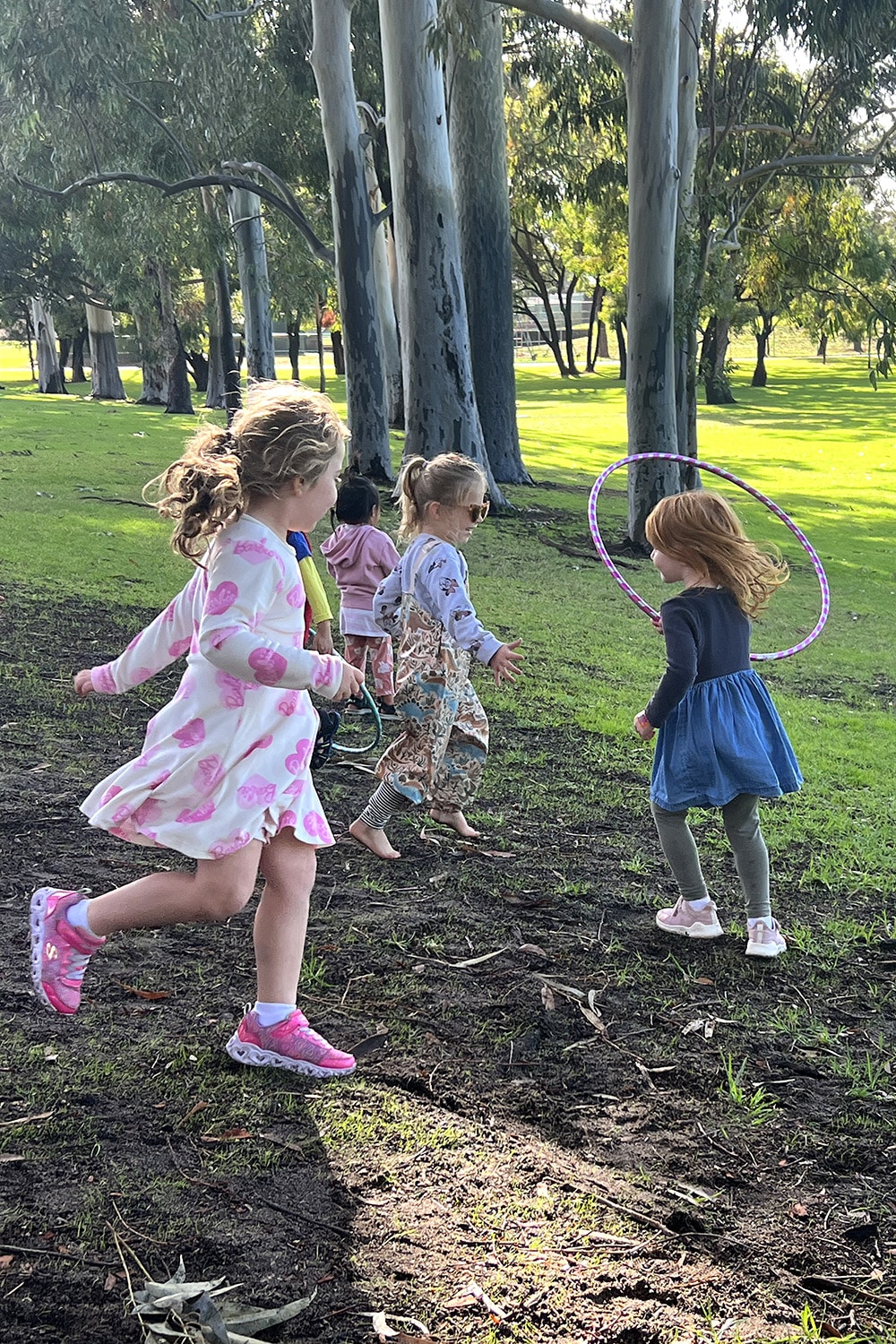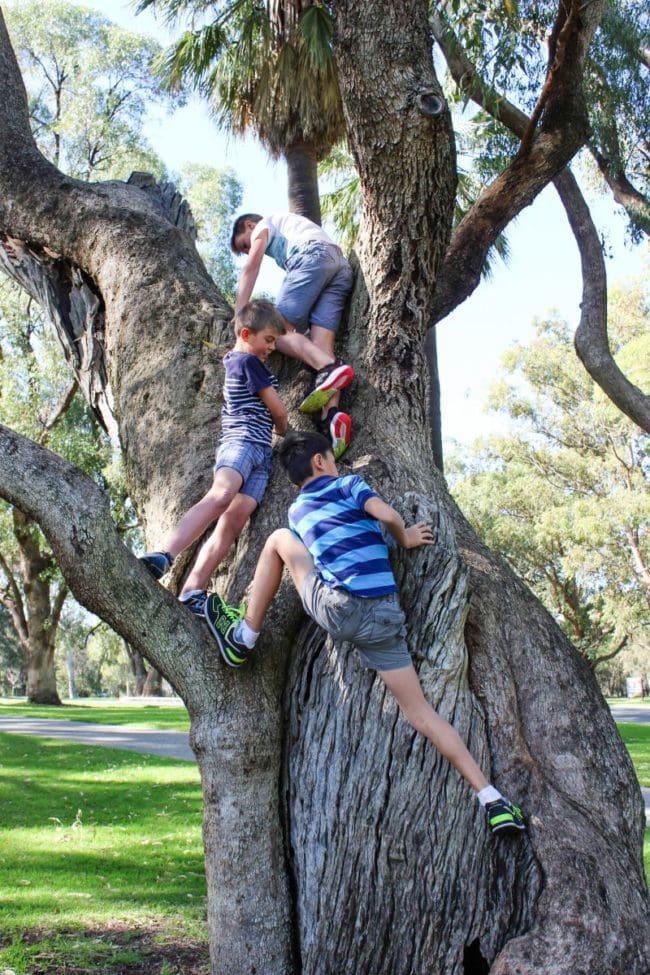Play: The heartbeat of childhood
The UN’s International Day of Play is almost here, and this year’s theme is “Choose play – every day.” It’s interesting that the UN recognised the need for such a day considering play is what childhood is all about. Children don’t need to be told to play. Given the time and space, they will naturally play. But adults have become very stringent gatekeepers to play, and it’s to our kids’ detriment.
This year’s message is a gentle reminder to us all – parents, teachers, politicians, schools, and communities – that play is the heartbeat of childhood, and we need to give kids the opportunity to play every single day.
It’s more than fun
Play is essential to a healthy childhood. It’s how kids learn, stretch their imagination, and work out how to navigate the world. Through play, they experience different roles, take risks, build resilience, make friends (and sometimes enemies), solve problems, and most importantly, they learn who they are. In most cases, they don’t need anything from us to do this, except the opportunity to play freely with other kids.
In today’s schedule-heavy, tech-heavy, results-driven world, kids have dwindling opportunities for free play. More time spent sitting still, less autonomy, and less free time mean less time for creative, unstructured fun.
To be clear, play is not a break from learning; it is learning. It’s where social skills, confidence and resilience are forged, tested and strengthened.

Teens need play experiences too
The need for and benefits of play don’t stop in year four or year six, or even in high school. Kids do not grow out of play. The way they play and how it looks just changes. It might look like hanging out, mucking around, or even being an idiot in front of mates. But it’s still play, and it is still vital to healthy development. Teen brains are wired for excitement and new experiences, and yes, risk and outdoor (offline), unstructured (no adults) freedom is the opportunity they need. Without these opportunities every day, how do we expect them to stay connected (in real life), process big emotions (with the help of others), and explore who they are?
We need to give kids and teens space to explore, create, and connect – without over-scheduling or supervising their every minute.
Play isn’t just good for kids – it’s a gift for parents
When we jump in the pool, learn the dance, draw with chalk on the driveway, or just join in the silliness, we’re doing more than having fun. We are strengthening bonds and building trust. We need to provide these opportunities when times are good, to set these patterns and normalise them, as they are vital to have in place when times are challenging. And times will be challenging; it’s an inevitable part of life. Our job as adults is not to prevent kids from experiencing challenges, but to help prepare them to be able to deal with them.
How do you start ensuring your child gets play every day?
Find small moments in small pockets of time
Start small. If it feels like there is no time, then check your family’s screen time. I’m sure there is at least 30 minutes you could dedicate to having fun together. With older kids, is there something that they are watching online that could led to real-life fun or adventure? Or could one of Nature Play WA’s digital Play Trails get you started? I find that something as simple as putting on music helps lighten the mood and bring us together.

A playful mindest
One crucial element for adults is to try to bring a playful mindset. When you manage to get some downtime with your kids, try to use it to be connected and light-hearted. The kids will let you know if they need anything more than that. I know it’s hard when you have a thousand things on your plate, but really, nothing is more impactful than our relationship with our kids (biological or otherwise). And choosing play is choosing joy, connection, and resilience. It’s choosing to see childhood as a valuable and important time. And it’s showing kids of all ages that they deserve time to be curious, silly, brave, and free.
So, this International Day of Play, let’s not just talk about it. Let’s choose play – every day. It’s one of the simplest, kindest choices we can make.
Kelsie’s blog was first published as an opinion piece in The West Australian on Thursday June 5, 2025, under the headlines Play ‘childhood’s heartbeat’ (print) and The UN’s International Day of Play a reminder that play is the heartbeat of childhood (online).
